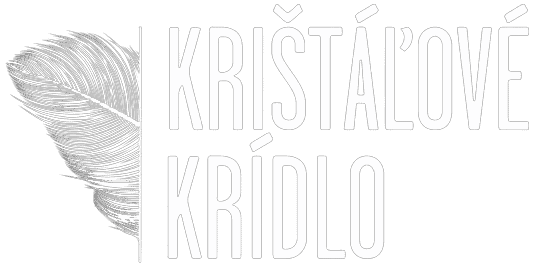A lot of people might have found themselves with a lot of free time recently (not speaking of parents of course). So why not spend the time productively? One of the options is self-development and education. Our team member Andy Skok, a Kiwi Search Front-end Tech Lead, has hand-picked sources of great talks, podcasts, blogs and many more wells of wisdom. These are his best tips for content streams he uses daily to improve his coding knowledge.
Subscribe to high-quality channels on Youtube
While the peak of YouTube’s fame might be over, this good old friend offers tons of great video knowledge. As a Front-end Developer, Andy subscribes to the conference channels such as JSConf, Codegram, ReactiveConf, ClojureTV or ReactEurope. He also often wanders through the channels of tech giants like Facebook or Google Devs. As a true developer by the hearth, Andy falls asleep listening to more content-tiring channels like Node.js.
PRO TIP: Andy checks the channels a few months after the conference. This way, he can sort the videos by popularity and possibly filter exciting talks.
Give your eyes a bit of rest while listening to podcasts
While being of lower quality than YouTube, there’s no better way to devote time to self-development during the morning commute than listen to a podcast. Said everyone in 2019. The big boom of recorded-interviews listening instead of music streams has also brought lots of quality content into our ears. Andy notes Changelog Master Feed as his favourite show. His list continues with Frontend Happy Hour by Netflix Engineers (he also says the hosts drink during recording, so it’s fun, but we shouldn’t promote that), DevOps and Docker Talk, Software Engineering Radio and The Bike Shed.
PRO TIP: You should actually listen to the podcasts during the morning commute for the best experience.
Scroll through devs’ profiles on Twitter
What’s a better source for hot topics than Twitter? The feed’s always full of the latest information. Andy’s favourite experts from the field are Sean Larkin, Lambda Conf, Eric Elliott, Jeff Atwood, Andrew Clark, Wes Bos, Kent C Dodds, David Abramov and many many others covering topics from Frontend development to Programming theory, conferences and technology news.
PRO TIP: No pro tip here, sorry.
[cta_to_website]
Save and read articles on online sources
A well-known online knowledge-publishing platform Medium is also full of the golden stuff. Many developers turn to this site to improve their coding skills or just read something interesting. Andy browses the platform more freely rather than systematically, saves what catches his eye and then reads the content later on. He also applies this wandering process on more sites than just Medium. Whether it’s Hackernoon or Reddit and its specific programming subreddit, good knowledge always finds a curious programmer.
PRO TIP: Save your articles for later reading. Andy uses Pocket (no ad intended).

Open programming theory books
There are many content-heavy but excellent books about Computer Science and Programming. From algorithms, operating systems design and compilers to type theory, everyone will find what satisfies their needs. However, Andy adds that for this type of activity, you need to find some time as together with other four sources, his tempo is just a few pages a week.
PRO TIP: Try this book used by MIT if you’re new to programming
Conquer Steam leaderboards
Computer Science and programming theory can be exhausting and, sometimes, we don’t have the energy for self-development the typical way. So why not combine it with gaming to have some fun? Andy’s favourite ones are SHENZEN I/O, Hacknet, while True: learn(), Human Resource Machine and 7 Billion Humans. By the way, all of them score 9+/10 on Steam with some scoring a full ten.
PRO TIP: Andy suggests TIS-100 for devs who need a proper challenge
Have you identified a missing self-development source that proves useful for you? Let us know in our inbox on Facebook or Linkedin.









